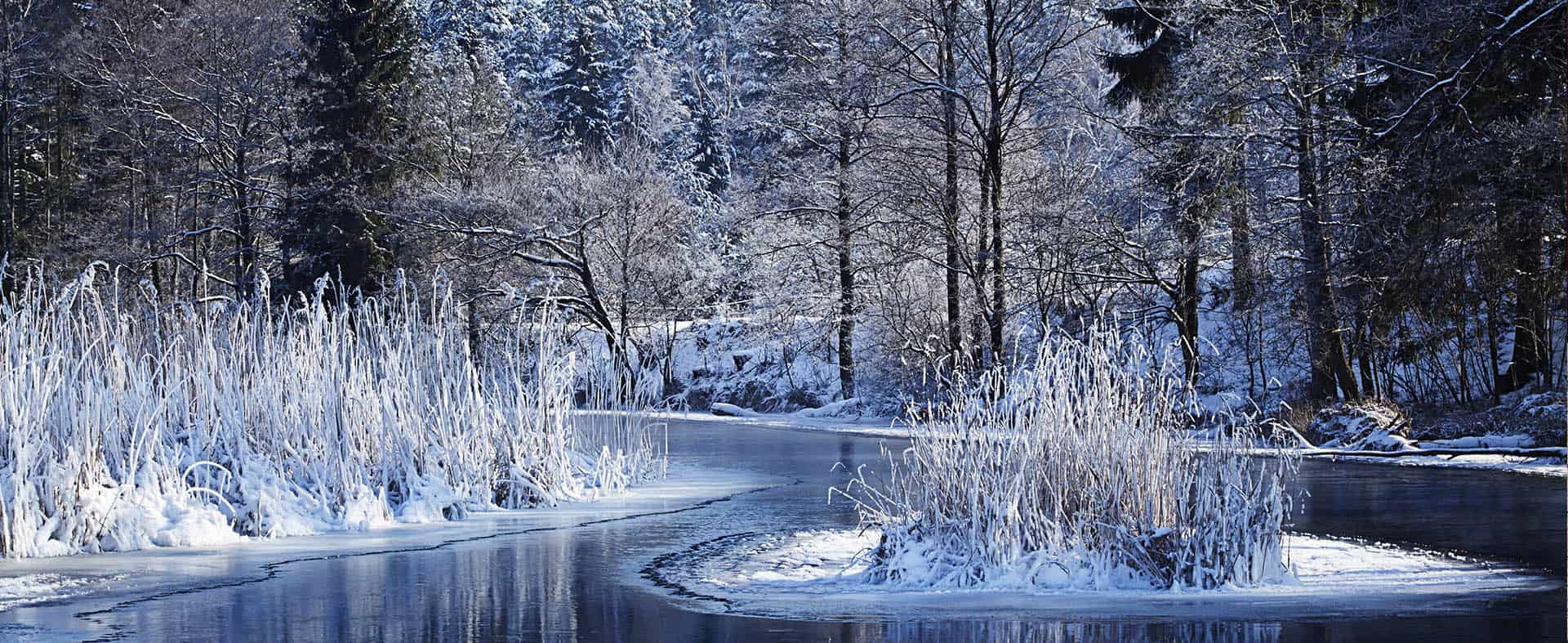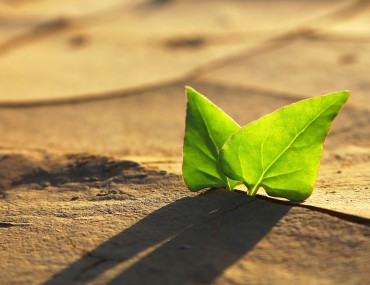
How to Promote Health During the Colder Months
By Brendan Kelly, L. Ac., M. Ac., Herbalist
Jade Mountain Wellness, Burlington, VT
www.jademtwellness.com
802-399-21202
In addition to being able to treat a wide range of symptoms, Chinese medicine can also help us understand what promotes health. Just as the seasons change, what keeps us healthy also changes throughout the year. By understanding what is happening this season, we can understand how to promote winter health during the colder and darker months.
One of the most insightful systems in Chinese medicine is the Five Elements, also know as the Five Phases. In looking at the long history of Chinese medicine, the first text about the Five Elements dates back about 4800 years. As one of the seminal Chinese medicine texts, the Nei Jing or Yellow Emperor’s Classic of Internal Medicine includes detailed description of seasonal changes and how this affects our human. The Nei Jing comes from medical understandings that far predate its publication, with estimates that the current Five Element model draws on 10,000-12,000 years of continuous development.
From these thousands of years of refinement there are important lessons on how to live a more balanced life and promote winter health. With the cold temperature and the predominance of darkness, we are now in winter, which is associated with the water element. In Chinese medicine, the shift from one season to the next is based on changes in weather rather than set dates on the calendar. To understand the season and the element itself, think about water as it appears in Nature.
The Water Element
Think of the ocean: dark and deep. When viewed from the shore, it can seem to continue out onto the horizon forever. Now think about when the waves are high and pounding the coast: the force can literally cause the ground to shake. The water element is an embodiment of this vastness and tremendous power. My experiences with being thrown by waves while surfing during storms has shown me how small we are physically in relation to the forces of water. And just as there is this power in the oceans, we have this same power within us.
For us, the power of the water element is housed in the Kidneys. Situated in our lower back, they provide a foundation for our physical, mental and emotional strength. However, this source of power can become dried out and depleted from the way we live. Sometimes we equate the hectic pace of our schedules with being productive or living a meaningful life. We sometimes think that being busy means we’re doing something worthwhile. But not only does ‘doing’ not equal ‘meaning”, there can be an inverse relationship between the two– doing more can create less meaning. This is particularly true when our doing wears us down, making us less capable of living fully and appreciating life deeply.
The Importance of Jing
One fundamental part of health in Chinese medicine, which is particularly relevant at this time of year, is rest. We can get so caught up in being busy that it becomes pathological. When we regularly push beyond our daily allotment of energy, we will eventually begin to dip into our reserves. Called jing, this deep source of strength is like our long-term energy savings account. Jing is passed along to us from our parents at conception, when we get half from our mother and half from our father. Physically, it is generally similar to our current understanding of DNA, which helps create our physical features and individual tendencies towards health and sickness.
A very important understanding about jing is that that once it’s used up it is very difficult, if not impossible, to replace. And when it’s used up our life is over. With this in mind, the phrase ‘working ourselves to death’ can take on real meaning. Often connected to being too busy is our use of stimulants. Rather than offering us energy, what they provide is a sense of stimulation. In using things like coffee to continue to be active after we’re tired, we often dip into our reserves of jing to keep going. Over the long term, this not surprisingly leaves us in an even more depleted state.
Living in Balance with Winter
The local, wild plants have much to offer us as teachers for living a balanced life. Look outside your window or think about a natural area you know well. Are the plants there now sending up new shoots? Are they flowering? Is there an abundance of fruit on their branches ready for harvest? The answer to all of these questions is, of course, no. The plants are in dormancy, with most of their energy stored underground in their roots. Similarly, Chinese medicine prescribes that we limit our physical and mental activity this season so that our own energy can be replenished. As with the wild plants, when we rest and sleep more in winter we can restore our reserves.
Each season offers us unique opportunities. With winter, it’s the chance to replenish our root strength. By slowing down and observing the world around us, we can learn to go with the flow of Nature. That flow for us now in Vermont is a cold and dark one. It is a flow that moves slowly, that conserves energy by not doing more than what’s necessary. When listened to, this flow can help us build deep strength for the rest of the year.
Water Symptoms
Symptoms of all kinds are trying to get our attention and tell us that something is out of balance. Some signs and symptoms commonly associated with water element imbalances include:
• temperature regulation issues including hot flashes and night sweats
• back and leg issues, particularly issues with the lower back, knees, ankles and feet. This includes weakness, stiffness, pain and repeated injury
• general fatigue and loss of energy and motivation
• graying and loss of head hair
• sleep issues including difficulty falling and staying asleep and not sleeping deeply.
Luckily, acupuncture and herbal medicine is very capable of treating all of these conditions.
Specific Suggestions
Some suggestions on how to live more in balance with winter.
• work less and do less, and rest more. Sleeping 1-3 hours more nightly now helps build endurance for the remainder of the year.
• eliminate, or at least limit significantly, stimulants especially all coffee (including de-caf.)
• eat warm, cooked, nourishing foods. Particularly appropriate are soups and stews from locally and organically grown vegetables and meat. Red meat helps build blood and lasting strength, as do root vegetables. Eating blue and black foods usually strengthens the Kidney, including blueberries, black beans, black sesame seeds etc.
• incorporate wild plant food into your diet. Burdock root, also known as Japanese gobo root, is nutrition packed and strengthens the Kidney. Burdock is abundant in the wild throughout Vermont and the U.S. and can easily be incorporated into soups and stews.
• visit natural and wild places and observe what is happening and not happening and follow Nature’s lead to promote winter health.
Copyright by Brendan Kelly, 2013




